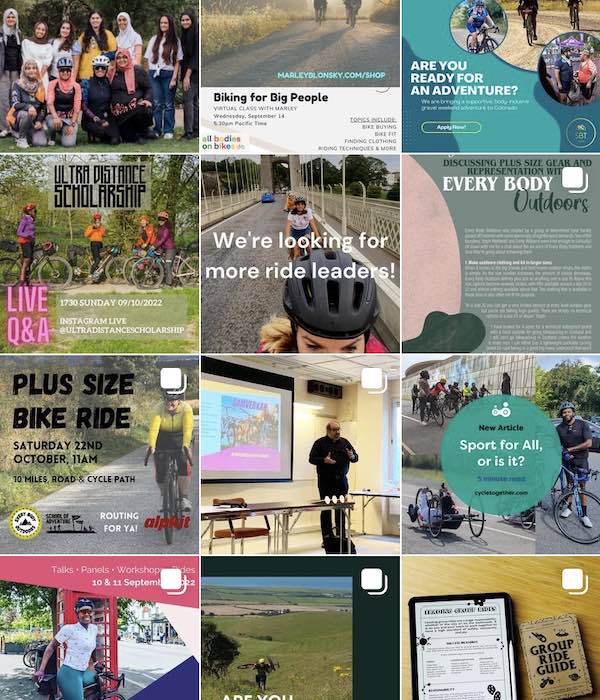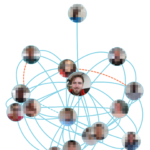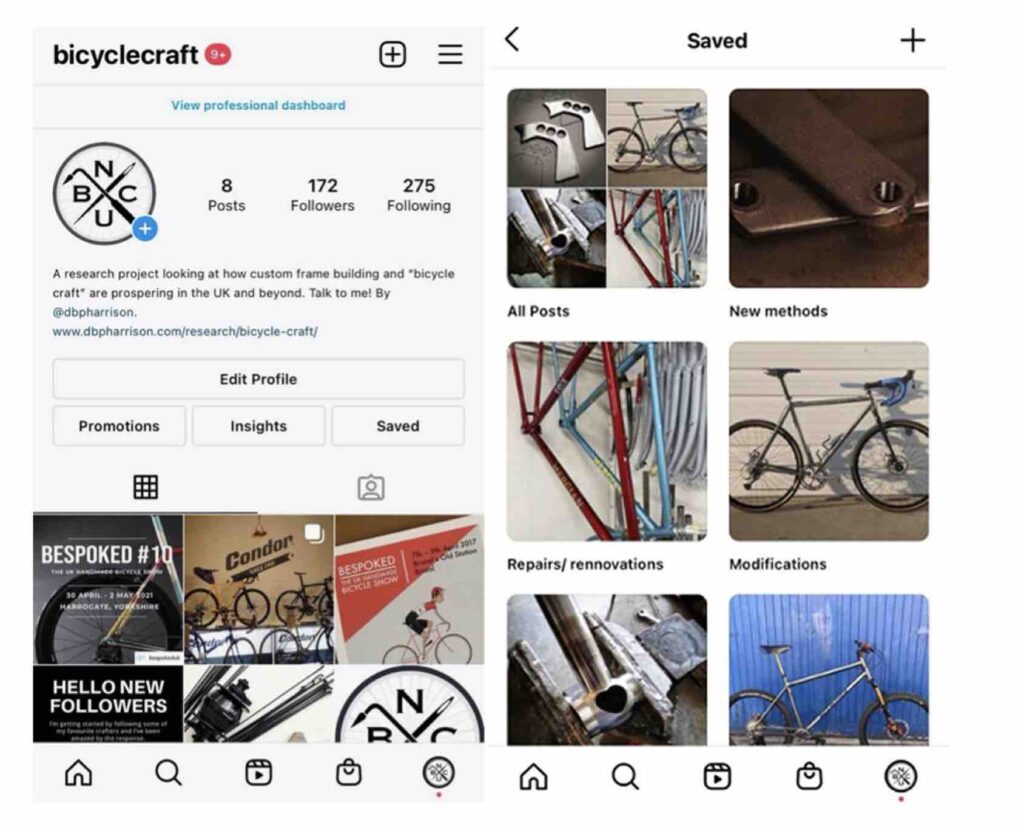I’m a Human-Computer Interaction (HCI) researcher, currently working as an Assistant Professor in the School of Design at Northumbria University. My research interests relate to how technology can support people’s physical and mental health and wellbeing. To this end, I have worked on a wide variety of related projects.
My PhD research focused on the long-term use of commercial activity tracking devices (e.g. Fitbit, Jawbone) and how this changed over time. Specifically, my approach was to run ethnographic studies, mostly focusing on qualitative data from interviews and diary studies supplemented with quantitative measures of activity. Insights gained from my research have helped inform the design of future activity tracking systems and aid users in participating in heightened levels of physical activity.
I previously worked in the Human Experience and Design (HXD) group at Microsoft Research Cambridge (2015-18), and I completed my PhD and MSc at the UCL Interaction Centre (2011-19).
Update 13/06/25: I am currently recruiting a student for a PhD studentship titled Self-Tracking for Neurodivergent Women: Designing Digital Tools to Support Sport, Health and Wellbeing. The deadline for this opportunity is 15/09/25, but I recommend you getting in contact with me to discuss the position as soon as possible.
Current Research Projects

Remote exercise platforms (2020-)
Connected remote exercise platforms (such as Zwift, Peloton and TrainerRoad) offer a virtual space for people to exercise, alongside others, from the comfort of their own homes. There is potential for these platforms to increase participation in exerise by providing novel, accessible and inclusive settings. However, many users experience significant barriers to entry to these platforms (beyond just the monetary cost), or otherwise feel like they don’t “fit”, and so don’t engage with them.
This project looks at use of these platforms and creates a better understanding of what works more or less well, with an aim to better design them to be more engaging, inclusive and motivational.

Exercise tracking challenges and “abandonment” (2022-)
Over time we have witnessed increased negative sentiment towards the current notion of tracking sports and leisure exercise, particularly within non-competitive environments. This project, which falls under a larger umbrella of research critically examining use of “quantified self” and personal informatics systems, examines this sentiment and explores ways in which exercise tracking can be reframed to better suit the needs and requirements of a broader range of non-competitive athletes.

Equality, diversity and inclusion (EDI) in cycling communities (2022-)
There are a growing number of online communities tackling EDI issues and lack of participation in sports and leisure cycling. This project is looking at these communities to more broadly understand how online technologies and social media are being utilised by grassroots groups to tackle EDI challenges, by supporting individuals and promoting inclusive environments.

Examining and designing adoptive life story books (2021-)
Led by Tommy Dylan. This work is examining the design and use of life story books for adopted children.
DIS pictorial here. Other work in progress.

Bicycle Craft (2020-)
This research aims to better understand the impact of new technology and social media on craftspeople, by examining the custom bicycle industry.
I am interested in how craftspeople are responding to increased use of social media for sharing bespoke crafted products: how creators and craftspeople share their work and are inspired by others on social media; how consumer consumption of such media drives trends and demand; how newcomers are inspired to become crafters and how established crafters are adapting to the changes; and, any tensions that have arisen because of these changes.
I am hoping to recruit a PhD student to continue work on this project 24/25 -.
Latest Publications

Harrison, D., Rowland, S., Wood, G., Bakewell, L., Petridis, I., Long, K., Vasileiou, K., Barnett, J., Barreto, M., Wilson, M., Lawson, S. & Vines, J. (2022). Designing Technology-Mediated Peer Support for Postgraduate Research Students at Risk of Loneliness and Isolation. ACM Transactions on Computer-Human Interaction.

Dylan, T., Harrison, D., & Durrant, A. (2022). Communicative Openness within Adoptive Families: The Role of Photos and Visual Communication. In Designing Interactive Systems Conference (pp. 807-820). [23% acceptance rate].

De La Vega, J. C. A., Cecchinato, M. E., Lambton-Howard, D., & Harrison, D. (2021). Active and Passive Research through Social Media: The Case for Repurposing Reddit, Instagram and WhatsApp Features in HCI Research Practices.

Fleck, R., Cecchinato, M. E., Cox, A. L., Harrison, D., Marshall, P., Na, J. H., & Skatova, A. (2020). Life-swap: how discussions around personal data can motivate desire for change. Personal and Ubiquitous Computing, 24(5), 669-681.

Cecchinato, M. E., Rooksby, J., Hiniker, A., Munson, S., Lukoff, K., Ciolfi, L., Thieme, A. and Harrison, D. (2019). Designing for Digital Wellbeing: A Research & Practice Agenda. In Proceedings of the 2019 CHI Conference Extended Abstracts on Human Factors in Computing Systems (CHI EA ’19).
Latest Updates
- SportsHCI 2025: Reflections from the inaugural conference (and three papers)
 Back in November, I had the pleasure of attending, and presenting at, SportsHCI 2025, the inaugural SportsHCI conference, hosted at the University of Twente in Enschede. With a little distance now (and a quieter December…
Back in November, I had the pleasure of attending, and presenting at, SportsHCI 2025, the inaugural SportsHCI conference, hosted at the University of Twente in Enschede. With a little distance now (and a quieter December… - Funded PhD Opportunity: Self-Tracking for Neurodivergent Women: Designing Digital Tools to Support Sport, Health and Wellbeing
 I’m excited to announce that I am recruiting for a funded PhD opportunity for students with UK fees status. Participation in sport is widely known to enhance both physical and mental wellbeing. Yet women who…
I’m excited to announce that I am recruiting for a funded PhD opportunity for students with UK fees status. Participation in sport is widely known to enhance both physical and mental wellbeing. Yet women who… - Funded PhD Opportunity: Co-Designing Digital Tools for Physical Activity: Enhancing Engagement in Disadvantaged Communities Through Inclusive Design
 I’m excited to announce that I have recently been awarded a funding PhD opportunity through the Northern Bridge Collaborative Doctoral Award (Staff Led). This project, in collaboration with Rise North East, aims to increase physical…
I’m excited to announce that I have recently been awarded a funding PhD opportunity through the Northern Bridge Collaborative Doctoral Award (Staff Led). This project, in collaboration with Rise North East, aims to increase physical… - CHI’24 – Grand Challenges in SportsHCI, and CyclingHCI Workshop
 Last week, I had the pleasure of participating in CHI 2024 in Hawaii, attending virtually for the first time—albeit just for one workshop. This year, I was fortunate to be involved in three papers (abstracts…
Last week, I had the pleasure of participating in CHI 2024 in Hawaii, attending virtually for the first time—albeit just for one workshop. This year, I was fortunate to be involved in three papers (abstracts… - 2024 Funded PhD Opportunity: School of Design, Northumbria University
 A new PhD opportunity has recently opened, funded by the Northumbria University Research Development Fund. If you are interested in working with me, this is a great opportunity that provides 3-years of funded study: applications…
A new PhD opportunity has recently opened, funded by the Northumbria University Research Development Fund. If you are interested in working with me, this is a great opportunity that provides 3-years of funded study: applications…